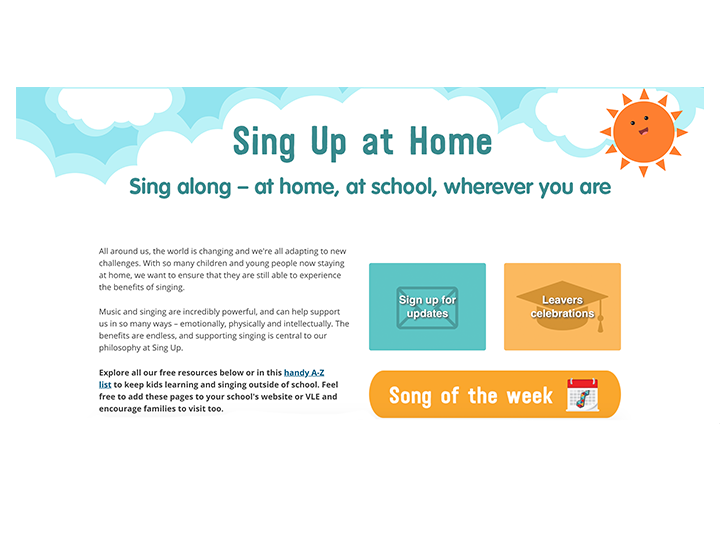
Expectations of teachers are higher than ever.
I have heard stories from long standing members of staff comparing the expectations put on them in the beginning of their careers with what is currently expected of them - many have said that they wouldn’t want to get in to teaching if they were starting out now.
In this climate where pressure is mounting, more and more individuals in the profession are feeling increasingly ‘burnt out’. So much so, that the proportion of teachers going out of service rose from 6.6 per cent in 2011 to 8.7 per cent in 2015, as reported by the DfE in 2017.
A 2017 survey by the National Union of Teachers found that of the 3,000 young teachers (under 35) questioned, “45% of respondents said that they thought they would leave within 5 years, with nearly 50% citing concerns about the effect of teaching on their mental health.”
Another recent poll has found that three in four teachers have experienced anxiousness. These are undeniably worrying statistics. The question arises, therefore, as to what can be done to mediate some of this anxiety? One possible solution is to engage in singing activity on a regular basis.
All types of singing have been shown to have positive effects of mental health and wellbeing.
Singing releases endorphins, which allows us to feel better about ourselves and the world around us. Successful singing and voice use promotes a positive self-image and builds confidence. A recent study, surveying more than 600 British choral singers, shows that singing plays a central and positive role in their psychological health. On average, choral singers rate their satisfaction with life higher than the general public.
Singing is a cathartic activity, providing an outlet for our feelings, and singing in a group builds empathetic relationships with those around us. When we sing, we learn to improve our vocal coordination and maximise our potential to communicate with others, which is particularly helpful given that the voice is a critical tool of the trade for teachers.
Anecdotally, many teachers report higher levels of energy and lower levels of anxiety as a result of singing and engaging in musical activity.
The other thing to consider is how much singing and music making the young people in our schools have access to.
The stress busting properties of singing are not exclusive to adults. Unquestionably senior management have a part to play in the well-being of their staff and pupils, and have a vested interest in supporting and encouraging participation in music making activities which have such wide-reaching benefits. Nurturing happy, relaxed students generally equates to a better working environment for teachers and a positive atmosphere within the school community.
I am fortunate to have experienced two incredible Head Teachers during my career; the first, a real advocate for the arts both for staff and pupils. Under their management the arts were prioritised, valued, cultivated, appreciated and encouraged. They were an inspiration and I know that even in retirement they are a music lover; attending festivals and singing in a choir.
The second Head, equally inspiring, knew first-hand what pressure can do to teachers and strongly promoted a positive work-life balance. Staff inset sessions were peppered with advice on how to cope with stress, including promoting yoga and mindfulness.
Professor Graham Welch, Chair of Music Education at the Institute of Education, University of London, has studied the impact of singing for 30 years and found there to be significant health benefits. He summarises; “Singing has physical benefits because it is an aerobic activity that increases oxygenation in the blood stream and exercises major muscle groups in the upper body, even when sitting. Singing has psychological benefits because of its normally positive effect in reducing stress levels. Psychological benefits are also evident when people sing together because of the increased sense of community, belonging and shared endeavour."
Even a little singing goes a long way and will have positive long-term results on your general wellbeing.
So why not join a choir?
On our website, there’s lots of research and advice where you can find out more. Read about the benefits of teachers singing together here and “The benefits of singing” by Professor Graham Welch sums up the latest research on the positive effects of singing regularly.
The National Teacher’s Choir is open to anyone who teaches in some capacity in UK schools. They run weekend workshops and there are many ways of getting involved.
What are your experiences of and opinions on the pressure placed on teachers?
Send your stories to [email protected]




